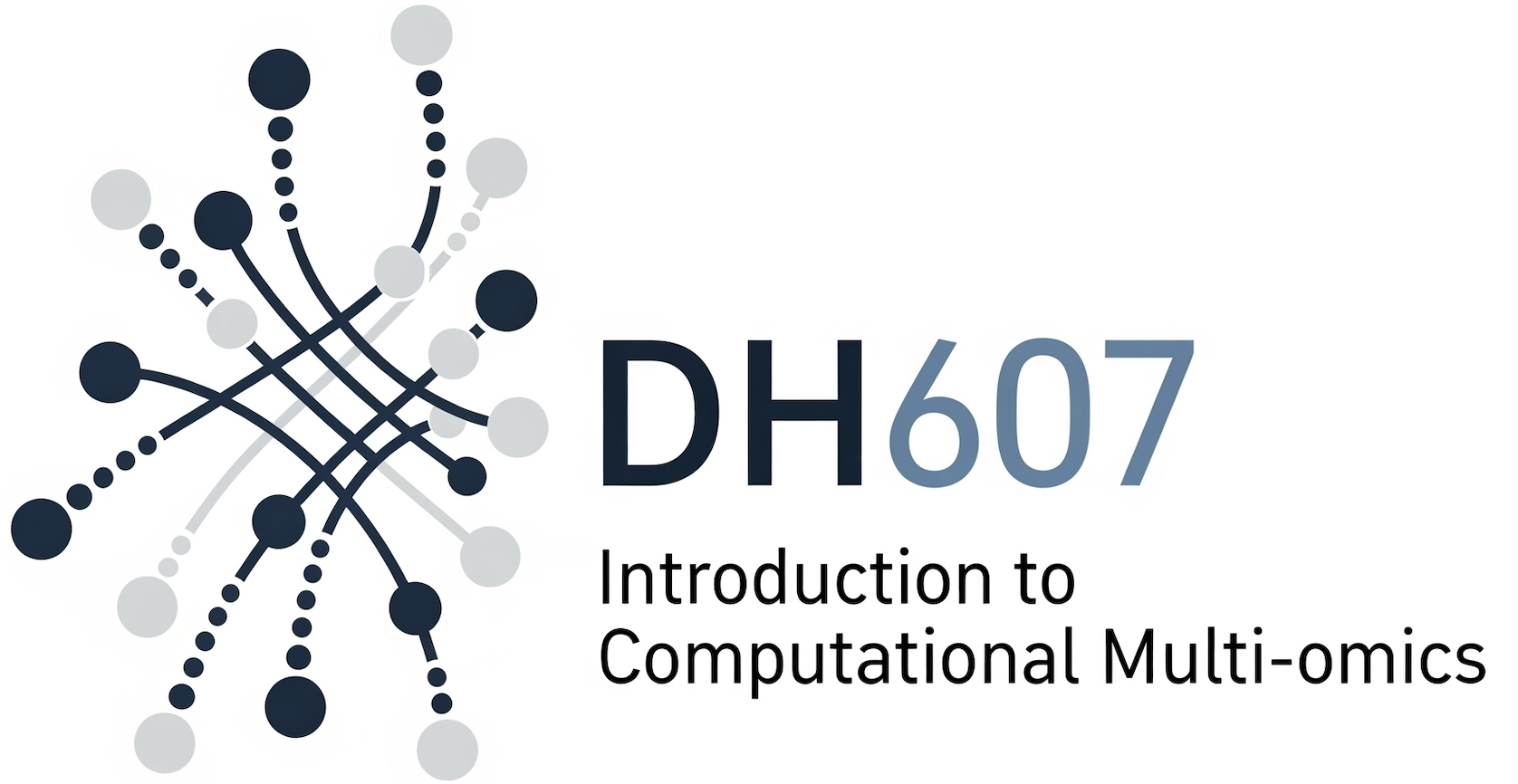FAQs
Short answer: Yes [BB101]
Long answer: Some prior exposure to probability, statistics and basic biology (BB101) would be helpful. But the course will teach you all the nuts and bolts of a topic. If you have not taken BB101 yet, come and see the instructor to see if we can waive this requirement for you. Some prior experience to programming (R/python) would also be good but again not necessary
Yes, this course is for everyone, literally. The problems come from biology, but the solutions require a mix of mathematics, computer science and statistics.
My personal fear of biology came from not being good in drawing or in memorizing terms or definitions, explicitly. This course will take a first-principles approach, so you are not expected to memorize names or terms. But it is also hard to study a field without being familiar with terminology. You will not be evaluated on your knowledge of biology, but on how you can think about biological problems from first principles.
Good question. Our current system of education segregates biology from mathematics very early on and these fields are treated as mutually exclusive.
We live in exciting times. A lot of biological problems require large-scale quantitative data. Part of an engineer’s training is solving problems, particularly hard problems. So if you like solving mathematical problems, modern day biology is a wonderful place to start. Lots of data, lots of math and loads of room to make an impact.
The course does not assume you know programming, but does expect you to pick it up on the go. We will have a session on programming but it is expected that you spend time outside class to learn bash/R/Python.
Not so FAQs
What is the course about?
The course will take a first-principles approach to understanding biology. Over the past two decades, a number of technological advances that have made it possible to profile the molecules from a cell (DNA/RNA/metabolites/protein). The goal of this course is to get our hands dirty by understanding at a fundamental level, how different statistical models and algorithms for understanding modern day genomics datasets work.
What is multi-omics?
Omics is a term used to describe a subfield of biology which is driven by large-scale datasets. It is often used as a -suffix to describe the quantitative data being measured from a particular biological molecule.
genomics: profiles the organism’s genome
transcriptomics: profiles the RNA-expression
proteomics: profiles the proteome
epigenomics: profiles the epigenome
metabolomics: profiles the metabolites
multi-omics: A combination of any two or more of the above list
